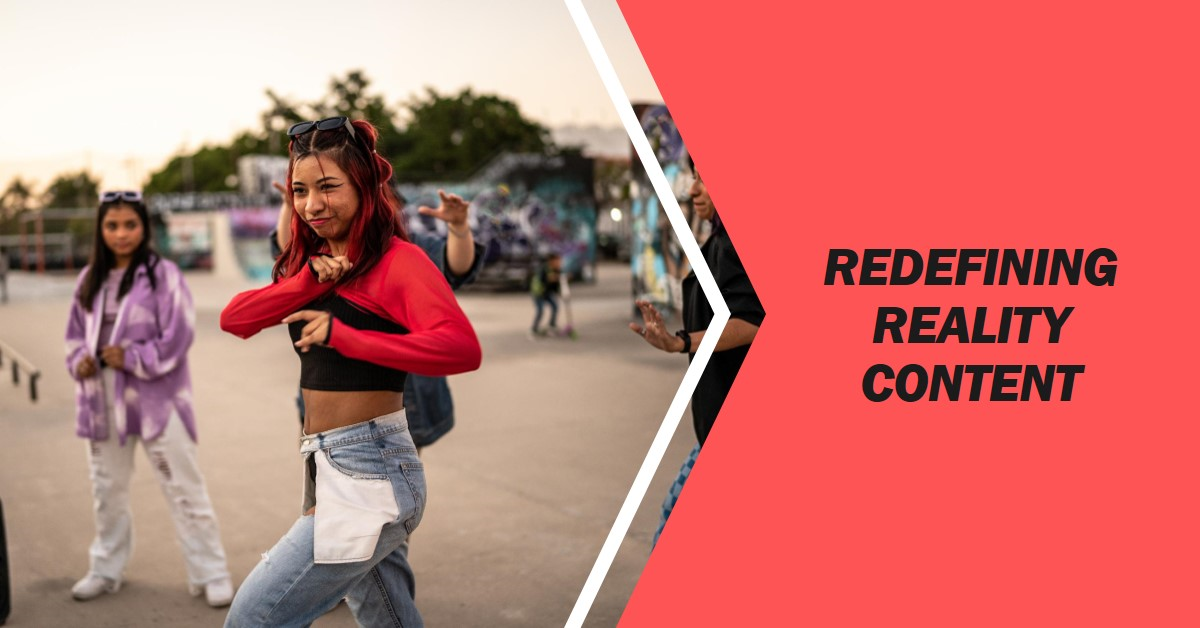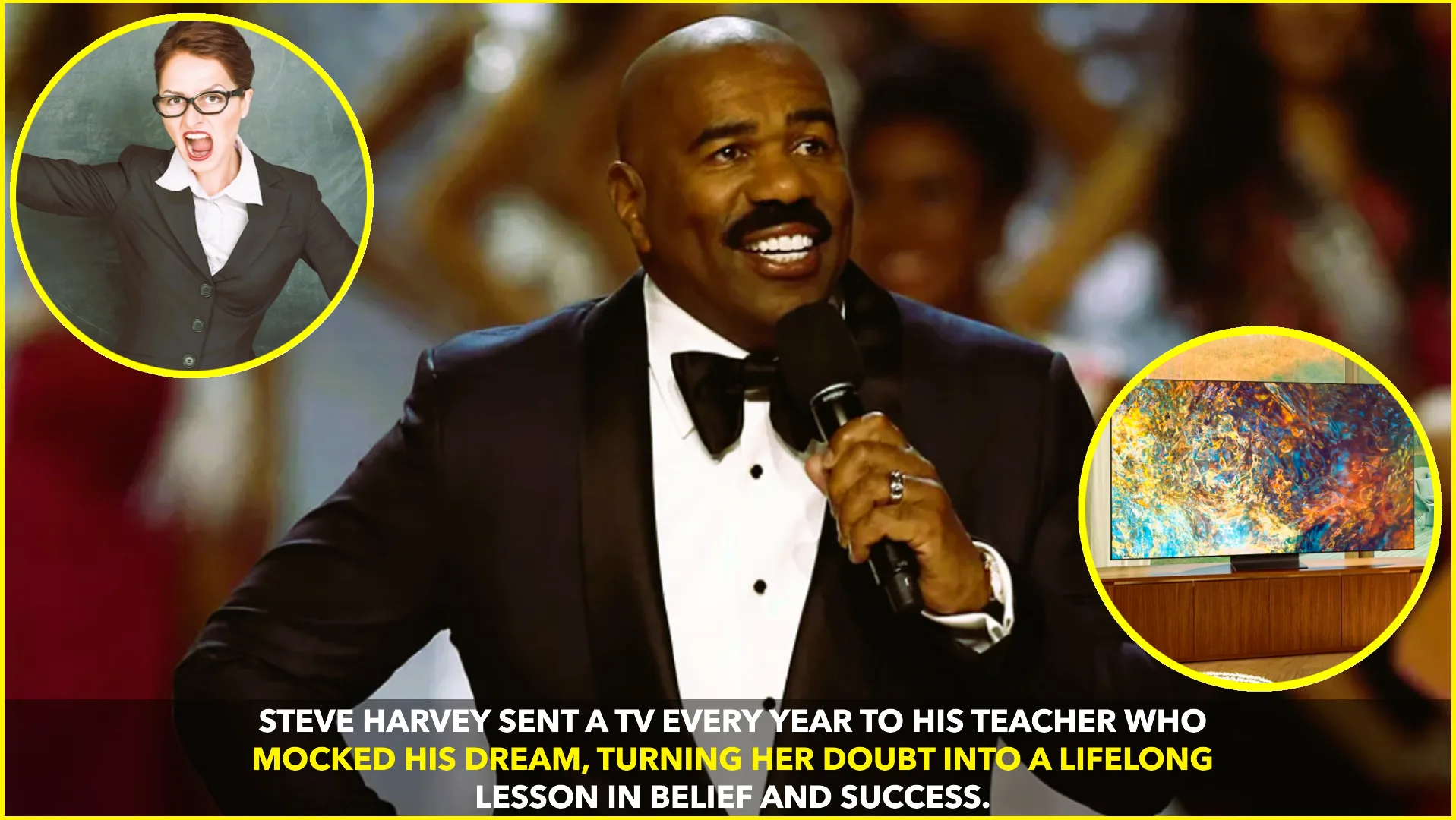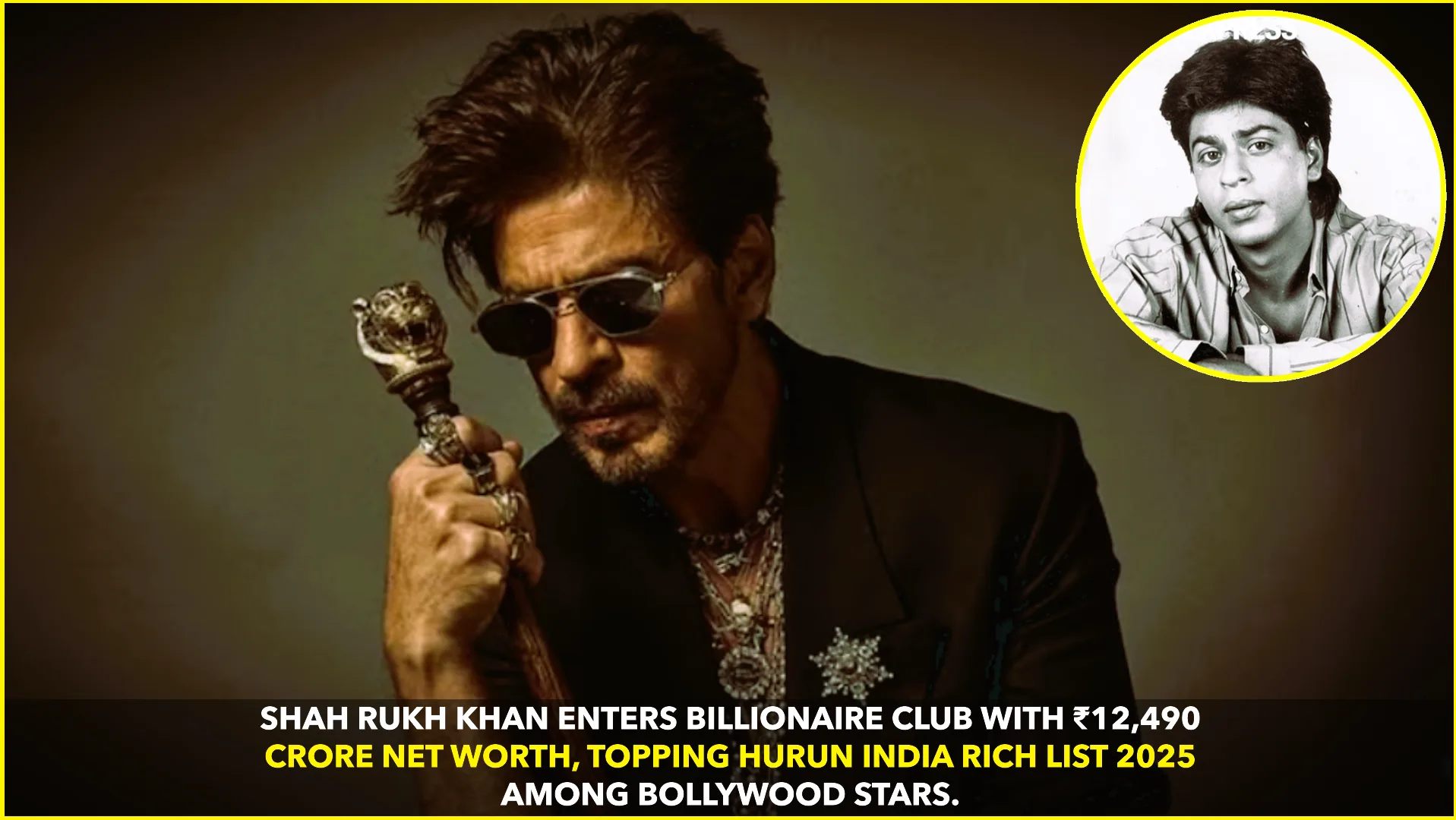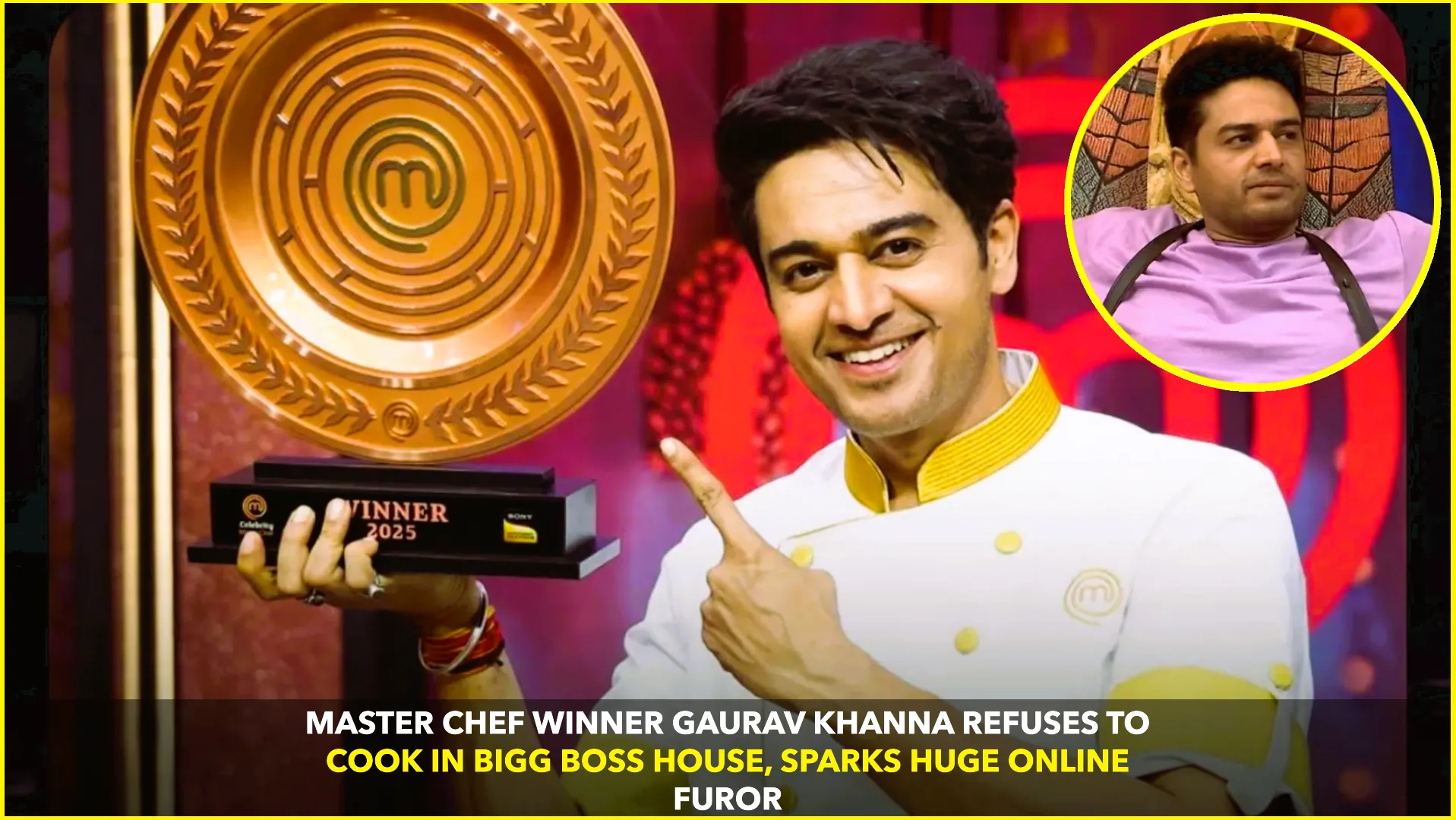Reality TV, once a dominant force in the entertainment industry, is now facing a formidable challenger: social media. Platforms like TikTok, Instagram, and YouTube have emerged as the new breeding grounds for unscripted, user-generated content, leading to a cultural shift that prioritizes authenticity and individuality over the polished, edited narratives seen on traditional reality television.
The rise of these platforms has transformed how audiences consume and create content, forcing the entertainment industry to reevaluate the future of reality programming. As we dive into this cultural shift, we’ll examine why traditional reality TV is in decline and how social media has redefined the concept of “reality” in entertainment.
The Decline of Traditional Reality TV
Reality TV, once a groundbreaking format, has been a staple of pop culture since the early 2000s. Shows like Big Brother, Survivor, Keeping Up with the Kardashians, and The Real World captivated audiences with their unscripted drama and voyeuristic appeal. However, over the past decade, reality TV has experienced a noticeable decline in viewership and cultural relevance.
Why Reality TV Is Losing Its Luster
One of the major reasons for this decline is oversaturation. In its heyday, reality TV was a novelty. Today, it’s ubiquitous, with dozens of shows airing across multiple networks and streaming platforms. The abundance of reality shows has diluted the genre’s impact, leading to viewer fatigue. Audiences are no longer as captivated by the manufactured drama and contrived storylines that once defined the genre.
The Illusion of Reality
Another key factor in reality TV’s decline is the growing awareness of its lack of authenticity. Despite being marketed as “unscripted,” most reality shows are highly produced, with scenes being staged or manipulated for dramatic effect. As audiences become more media-savvy, they’re increasingly skeptical of the authenticity of traditional reality TV, seeking out content that feels more genuine.
For a more in-depth analysis of the changing entertainment landscape, visit our article on entertainment trends in 2024.
The Rise of Social Media and User-Generated Content
In contrast to traditional reality TV, platforms like TikTok, Instagram, and YouTube offer a fresh and unfiltered take on reality content. These social media platforms empower users to create and share their own videos, providing a raw and often more authentic glimpse into their lives. With billions of active users, these platforms have democratized content creation, giving everyday people the ability to become influencers or “reality stars” in their own right.
TikTok: A Game-Changer in Reality Content
TikTok, in particular, has redefined what it means to create and consume reality content. With its short-form video format, TikTok allows users to document snippets of their daily lives, create challenges, and share personal experiences in real time. Unlike reality TV, where producers dictate the narrative, TikTok users are in full control of their content.
The platform’s algorithm also plays a significant role in boosting user-generated content. Unlike reality TV, which requires the approval of network executives and advertisers, TikTok’s algorithm rewards engagement, allowing content creators to go viral without any gatekeeping. This shift in content distribution has leveled the playing field, allowing anyone with a smartphone and a creative idea to capture global attention.
Instagram: The Rise of ‘Stories’ and Reels
Instagram has also played a pivotal role in the rise of authentic, user-generated content. Features like Stories and Reels enable users to share moments from their lives in a casual, temporary format, offering a more intimate glimpse than highly curated posts. Instagram’s emphasis on real-time sharing mirrors the authenticity that users crave, contrasting with the highly produced, often scripted nature of reality TV.
User-Generated Content vs. Reality TV
One of the key differences between social media content and reality TV is the absence of gatekeepers. Reality TV shows are often edited to fit specific narratives, while user-generated content on platforms like TikTok feels more spontaneous and unfiltered. As a result, social media influencers are often seen as more relatable than traditional reality stars, whose personas can feel manufactured.
For a closer look at how social media is shaping other industries, check out our article on social media trends in 2024.
The Cultural Shift Toward Authenticity
The success of platforms like TikTok and Instagram reflects a broader cultural shift toward authenticity. In an era where digital content is consumed at an unprecedented rate, audiences are increasingly drawn to content that feels real and relatable. They are looking for creators who are willing to show their flaws, vulnerabilities, and unpolished moments—something that traditional reality TV has largely failed to deliver.
Why Authenticity Matters
The appeal of authenticity stems from a desire for real human connection in an increasingly digital world. Social media allows users to engage with content creators in real time, blurring the lines between performer and audience. This interactive element adds a level of intimacy that reality TV cannot replicate, making social media influencers feel more like friends than distant celebrities.
Moreover, the rise of influencer culture has shown that audiences are more willing to invest in individuals who appear authentic. Influencers who share their personal struggles, daily routines, and behind-the-scenes moments are often perceived as more trustworthy and relatable than reality TV stars who are confined by the constraints of a pre-planned narrative.
For an exploration of how authenticity is shaping content creation in various fields, read our piece on authentic storytelling in the digital age.
The Impact on the Entertainment Industry
The shift from reality TV to social media-driven content is having a profound impact on the entertainment industry. Traditional media companies, once reliant on the revenue generated by reality TV programming, are now competing with a new generation of influencers and content creators. In response, some networks are pivoting towards social media platforms or integrating user-generated content into their programming strategies.
Reality TV’s Adaptation to Social Media
Reality TV has not vanished altogether but is evolving to keep pace with the social media revolution. Shows like The Circle on Netflix, which incorporates social media elements into its format, highlight how reality TV is adapting to audience preferences. Other reality TV shows are now incorporating influencer-driven content or casting popular social media personalities to attract younger, tech-savvy viewers.
Monetization and Branding Opportunities
The rise of social media platforms has also transformed how content creators make money. While traditional reality TV stars rely on network salaries and endorsements, social media influencers have multiple revenue streams, including brand partnerships, sponsored posts, and merchandise sales. This shift has forced traditional media companies to rethink their monetization strategies, with some even launching their own influencer-driven reality shows.
For more on how social media is changing business models in entertainment, visit our article on the future of media monetization.
The Future of Reality Content: What Lies Ahead
As the lines between reality TV and social media continue to blur, the future of reality content will likely focus on authenticity and interactivity. The shift towards user-generated content shows no signs of slowing down, and traditional media companies will need to adapt to these changing viewer preferences if they hope to stay relevant.
Blended Formats
One possible future for reality content is the blending of social media and traditional formats. Reality TV shows could incorporate live-streaming elements, allowing viewers to interact with contestants in real time, or they may feature user-generated content as part of the storyline. This hybrid approach would provide the authenticity that audiences crave while maintaining the production quality associated with traditional television.
The Role of Influencers in Mainstream Media
We can also expect to see more influencers crossing over into mainstream media. As social media stars build massive followings, it’s only a matter of time before they become regular fixtures in film, television, and other traditional media formats. These influencers bring with them built-in audiences, making them attractive to networks and advertisers alike.
For a comprehensive view of how digital platforms are reshaping traditional industries, explore our article on the digital transformation of media.
Conclusion: Social Media Redefines Reality
The rise of platforms like TikTok and Instagram is redefining reality content in ways that traditional reality TV could never have imagined. As user-generated content becomes the dominant form of entertainment, the entertainment industry must adapt to a new era where authenticity, relatability, and real-time interaction reign supreme. While reality TV may still have a place in the entertainment landscape, its future will likely be shaped by the ongoing influence of social media and its power to connect creators and audiences in meaningful ways.
Related Articles from Epic Infinite
By including these internal and external links, your article will be optimized for SEO, helping it rank higher on Google while providing readers with valuable additional context.










